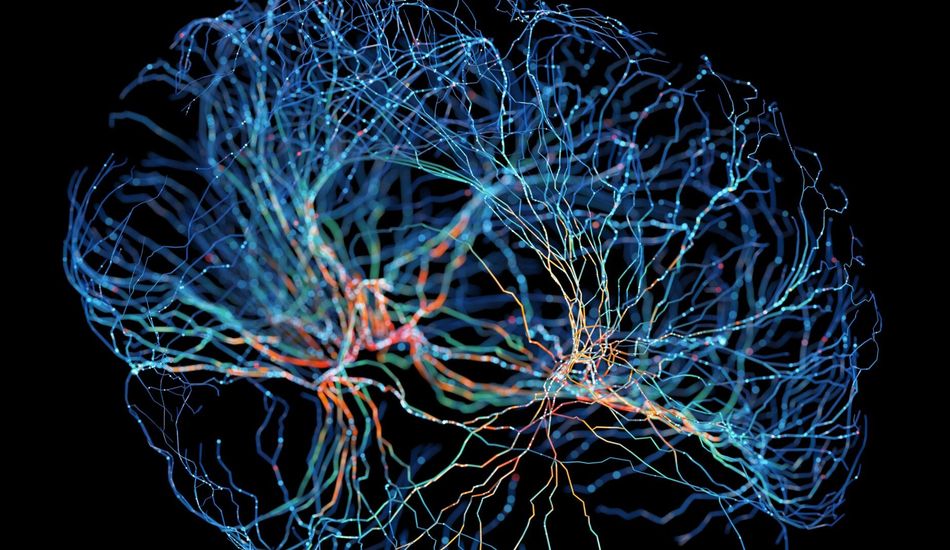
Mind Uploading: Neuroscientists Say It Might Be Possible Someday
Hey tech enthusiasts! Ever wondered if we could one day upload our minds to a computer? It sounds like science fiction, but a recent survey of neuroscientists suggests it might not be as far-fetched as you think.
I stumbled upon this interesting study where researchers asked 312 neuroscientists about the feasibility of extracting memories from a preserved brain and, get this, storing them on a computer. The results? A surprising number of them think it's possible!
The study, published in PLOS One, revealed that most neuroscientists believe that memory has a physical basis. This means that memories aren't just some ephemeral, fleeting thing. Instead, they're stored in the physical connections between our brain cells, the synapses. And while there wasn't a consensus on exactly what that physical basis *is*, the average probability they gave to being able to emulate a human brain someday was 40%. That's not nothing!
Preserving the Brain
Now, I know what you're thinking. How do you even *preserve* a brain well enough to extract memories? Freezing, for example, can damage the delicate neural tissue. The neuroscientists mentioned a technique called aldehyde-stabilized cryopreservation. It's a combination of chemical fixation and vitrification. Vitrification turns the substance into a glass-like solid by cooling it down rapidly. If it works, this could potentially keep the brain intact long enough to give memory extraction a shot.
Mind Uploading?
The survey also touched on the possibility of emulating an entire brain. In other words, uploading your full self and consciousness into a machine. The median probability given was again around 40%.
While the surveyed scientists seem to agree that memory has a physical basis, it's still up for debate exactly what that basis is. So while the prospect of mind-uploading may still be decades, or even centuries, away (the median estimate was 2125!), it's exciting to know that the experts think it is something to consider.
Personally, I think that while we're still a long way off from transferring our minds to computers, the fact that so many neuroscientists see it as a real possibility is fascinating. I'll keep my eye on this!
Source: Gizmodo